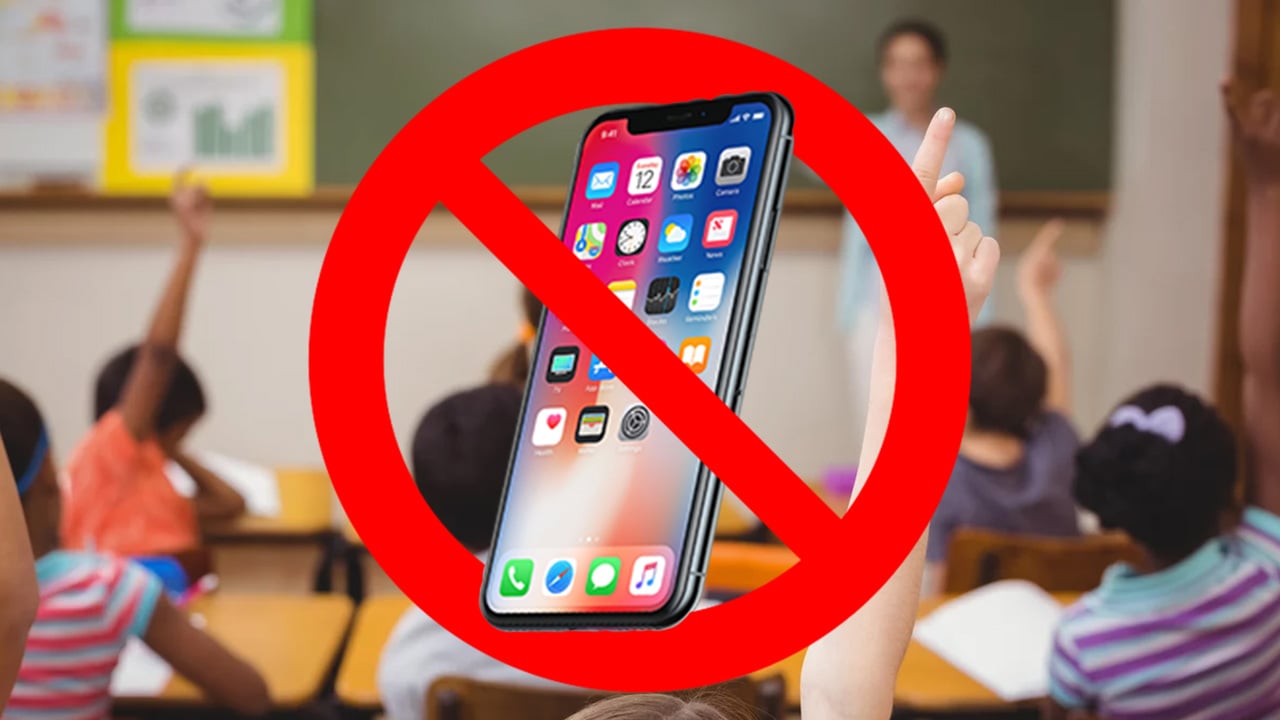Kathmandu – South Korea Bans Smartphones in Schools. South Korea has passed revolutionary legislation banning mobile phones and smart devices in school classrooms during class hours, marking a decisive step to address the harmful effects of smartphone addiction among students.
The comprehensive South Korea Bans Smartphones in Schools represents one of the most significant educational policy changes in recent years. This landmark decision aims to restore focus to learning environments and protect students from digital distractions that have increasingly disrupted academic performance.
Implementation Timeline
South Korea Bans Smartphones in Schools will take effect from the new academic session beginning in March 2026. This timeline allows schools adequate preparation to implement the new regulations effectively.
While the law specifically prohibits phone use during class time, it grants teachers broader authority to restrict student phone usage throughout the entire school premises when deemed necessary.
Key Provisions and Exceptions
The legislation includes thoughtful exceptions to ensure inclusivity and safety:
- Special Needs Students: Students with disabilities or special educational requirements will be permitted to use assistive devices
- Educational Purposes: Phone usage for legitimate educational activities remains allowed
- Emergency Situations: Students can access phones during emergencies
These provisions demonstrate the government’s balanced approach to addressing smartphone addiction while maintaining practical flexibility.
Global Context
South Korea joins a select group of nations implementing legal restrictions on school phone usage. The global landscape shows varying approaches:
Limited Restrictions: Finland and France have implemented bans only for younger students in elementary schools.
Comprehensive Bans: Italy, the Netherlands, and China have established complete prohibitions across all educational institutions.
This positions South Korea among the few countries to codify such restrictions into national law, reflecting the severity of the smartphone dependency crisis.
Rising Smartphone Dependency Crisis
Government statistics from 2024 reveal alarming trends in South Korea’s digital dependency:
- Nearly 25% of the country’s 51 million population shows excessive phone dependence
- Among youth aged 10-19, the dependency rate exceeds 43%
- These figures continue rising consistently year over year
More than one-third of teenagers report struggling to control time spent watching videos on social media platforms. This data underscores the urgent need for intervention.
Parent and Educator Concerns
Choi Yun-young, mother of a 14-year-old student, shared her observations with BBC: “Children nowadays seem unable to put down their smartphones.”
Parents and educators consistently express concerns about smartphones creating barriers to:
- Academic concentration
- Social relationship development
- Participation in physical activities
- Overall personal development
The consensus among stakeholders supports measures to reduce digital interference in educational settings.
Academic Performance Impact
Lawmakers, parents, and teachers argue that smartphone usage significantly impacts student academic performance. The primary concerns include:
Lost Learning Time: Students spend valuable study hours on non-educational digital content instead of focusing on coursework and skill development.
Reduced Attention Spans: Constant digital stimulation makes it increasingly difficult for students to maintain focus during lessons and independent study.
Social Development Issues: Excessive screen time interferes with face-to-face communication skills and peer relationship building.
The Suneung Connection
Opposition People Power Party lawmaker Cho Jung-hun, who proposed the legislation, cited substantial scientific and medical evidence showing smartphone addiction’s harmful effects on brain development and emotional growth in students.
Some observers believe this mobile phone ban targets broader educational pressures, particularly the intense competition surrounding the Suneung college entrance examination.
The Suneung represents an eight-hour marathon test that essentially determines many Koreans’ futures. Test scores directly influence:
- University admission prospects
- Career opportunities
- Lifetime earning potential
Korean students begin preparing for this crucial examination from their very first day of school, creating an intensely competitive academic environment.
Most South Korean schools already maintain some form of smartphone restrictions. However, this comprehensive legislation provides uniform standards and legal backing for educational institutions nationwide.
The new law reflects South Korea’s commitment to addressing digital addiction while maintaining educational excellence in an increasingly connected world. As the March 2026 implementation date approaches, educators and parents await the policy’s impact on student focus, academic performance, and overall well-being.
This groundbreaking legislation positions South Korea as a leader in addressing 21st-century educational challenges, potentially serving as a model for other nations grappling with similar digital dependency issues among young people.
























Comments